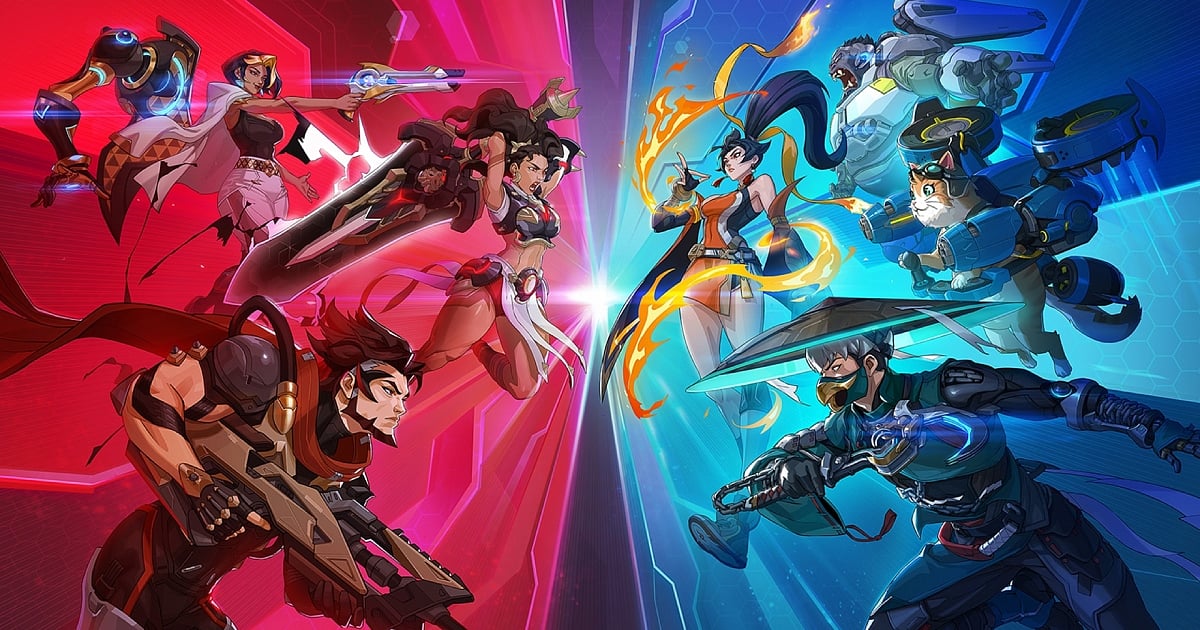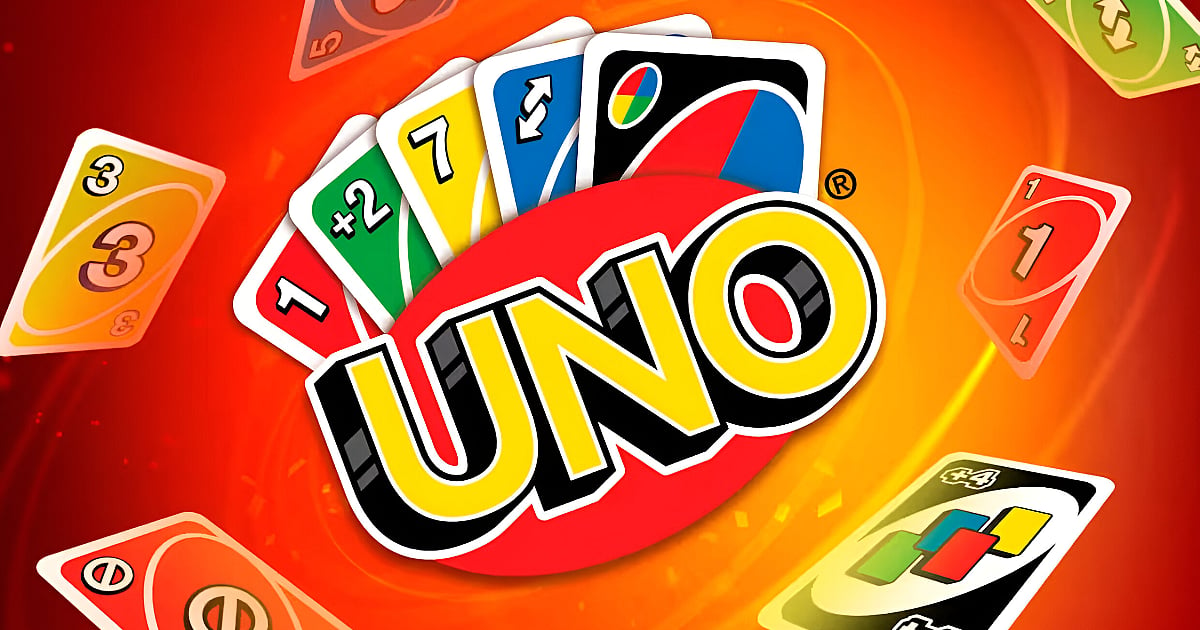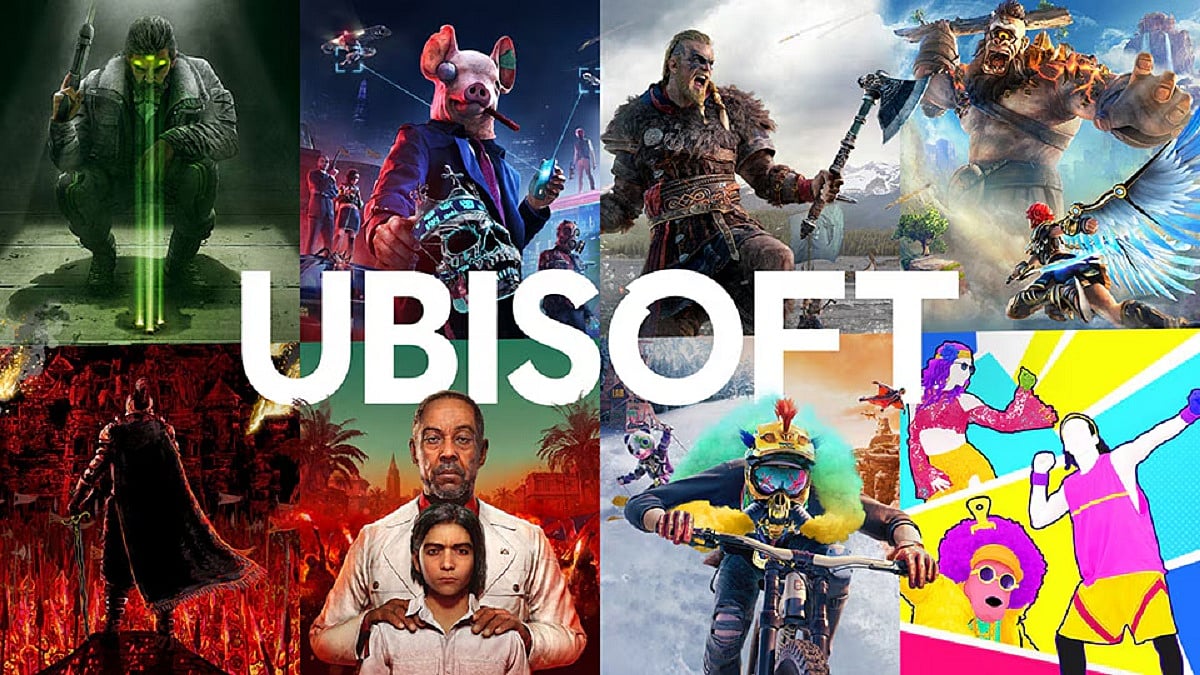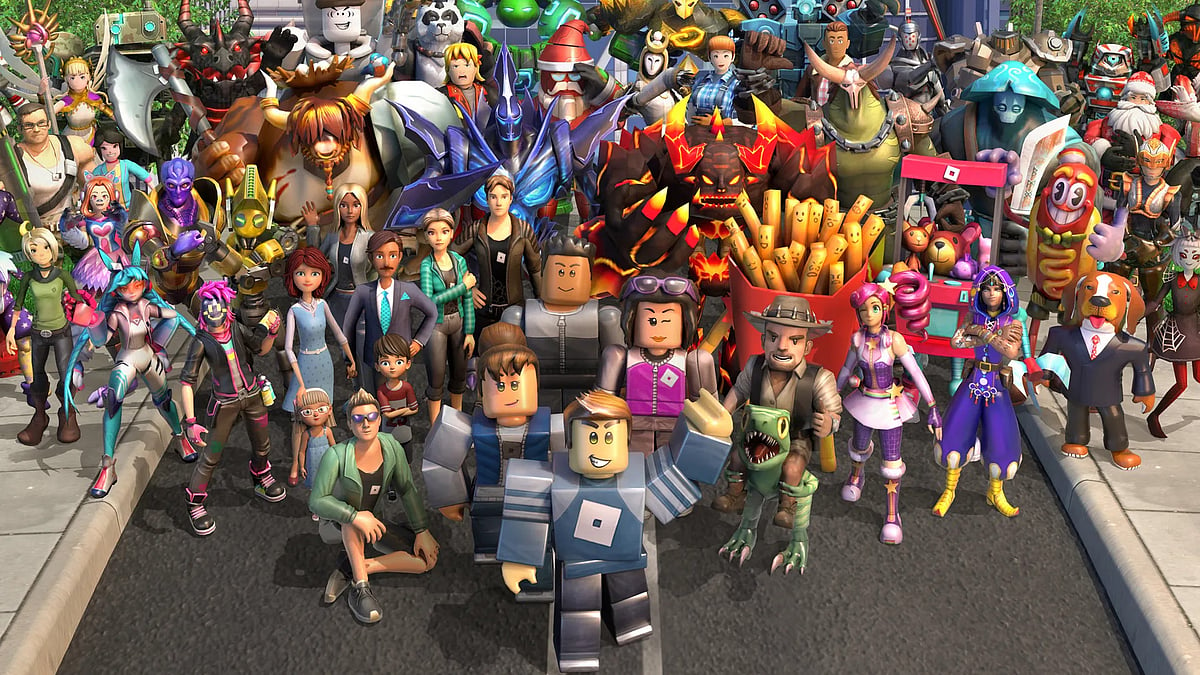
Roblox hikes Creator Pay 8.5% as Platform Courts Premium Game Devs
The Hidden Economies of Roblox and Fortnite Creators
Roblox and Epic Games are building creator-led economies, paying out hundreds of millions to independent developers
Roblox and Epic Games are betting that the future of gaming lies not in blockbuster titles developed by large studios, but in content created by millions of independent developers working from home.
The strategy is paying off, literally. Between March 2024 and March 2025, Roblox paid out more than $1.1 billion to creators through its Developer Exchange program, a 31% jump from the prior year. Epic Games, meanwhile, is preparing to launch a new revenue-sharing system in December that will initially give Fortnite creators 100% of sales from items they design.
The shift represents a fundamental change in how gaming companies operate. Rather than compete primarily on their own content, Roblox and Epic are positioning themselves as infrastructure providers, offering tools, distribution and monetization systems that enable others to build businesses on their platforms.
A 2024 economic impact report prepared for Roblox by consulting firm Nordicity found that roughly half of surveyed creators said they would not have created games without Roblox, and one-third had no formal training in programming or design.
The report estimates that between 2017 and 2024, Roblox generated about 22,000 full-time job equivalents and $1.62 billion in U.S. gross domestic product. In 2024 alone, the platform added $445 million to GDP, up 29% from the previous year.
The economic activity is spreading beyond traditional technology centers. Approximately 75% of Roblox's creator payouts went to developers outside major tech hubs, the report found, demonstrating how accessible development tools are broadening participation.
How Gaming Creators Are Earning Substantial Incomes
Top creators are earning substantial incomes. The platform's 1,000 highest-earning developers averaged $820,000 over the measured period, while the top 10 collectively earned about $339 million.
To sustain growth, Roblox has rolled out artificial-intelligence tools including Avatar Auto-Setup and Assistant, along with features like Price Optimization and Rewarded Video designed to help developers increase engagement and revenue.
Epic Games is pursuing a similar model with Fortnite, though starting from a different position. The game launched as a traditional battle royale title but has evolved into a platform for user-generated content.
Under Epic's new Creator Item Sales Program, launching in December, developers will be able to sell virtual items directly from their custom islands, bypassing Fortnite's main store entirely. Epic will take no cut through 2026, after which it will claim a 50% share.
According to external analyst estimates, creators could capture roughly 74% of in-game sales revenue in the program's first year, well above the 30% to 50% typical of other platforms.
Epic is also overhauling its engagement payout system. Starting Nov. 1, creators who attract new or returning players will receive 75% of those players' contributions to the engagement payout pool for six months.
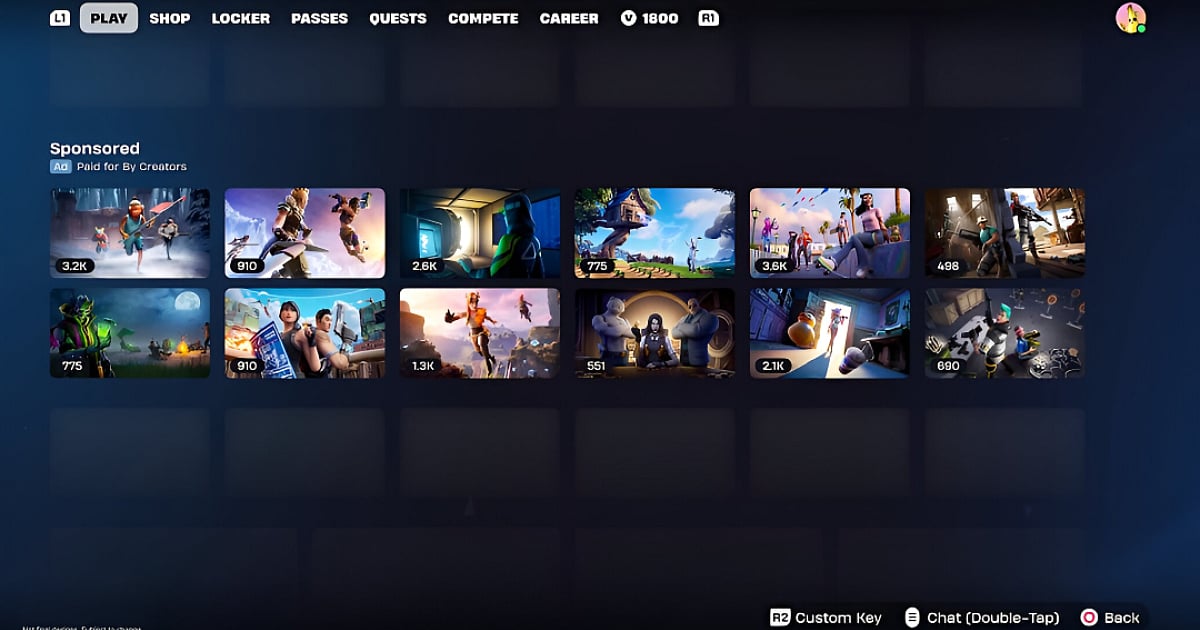
The company plans to introduce a Sponsored Row in its Discover section, where creators can bid for prominent placement through transparent auctions. Half of that sponsorship revenue will flow into the engagement payout pool.
Both companies are expanding internationally. Roblox has reported economic contributions in Brazil, Australia and the U.K., while Epic is building global infrastructure for its creator programs.
The approaches differ in detail but share a common premise: that virtual economies built on user creativity can generate real-world economic value at scale. Whether that model proves sustainable as competition intensifies remains to be seen.

Author
Probaho Santra is a content writer at Outlook India with a master’s degree in journalism. Outside work, he enjoys photography, exploring new tech trends, and staying connected with the esports world.
Related Articles
